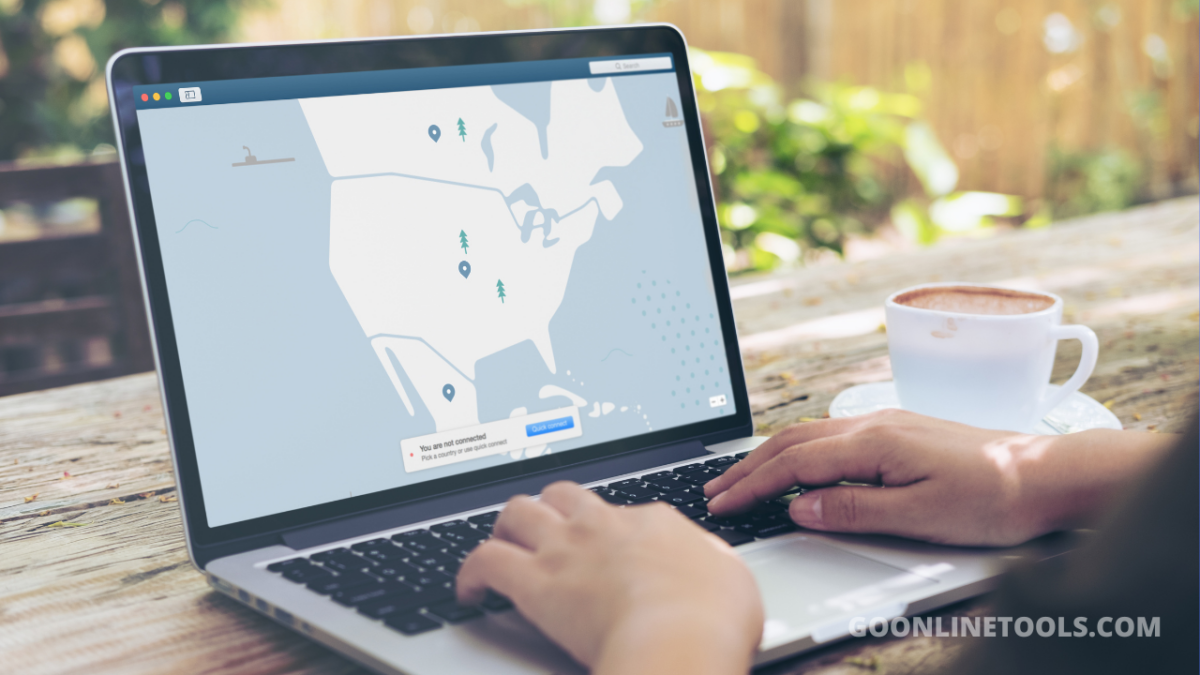Remote work comes with an impressive list of benefits and pros. However, improved cyber security is not one of them. While we all love the option of not having to commute to work every day, we can’t forget about the importance of staying safe and ensuring privacy while working remotely.
This task is more complicated than one might think at first glance. While most of us know the cybersecurity basics, like avoiding clicking on phishing emails and keeping our personal data away from strangers online, when you bring work into the mix, the stakes get even higher.
Most of us will have to share sensitive data via email or other channels. If you are a remote worker, chances are you are not always using your home network, which makes you vulnerable to all sorts of cyber attacks and risks that could eventually cost you your job. This is why it’s important to stay vigilant about cybersecurity, even if it seems like it is just a boring extra step added to your daily routine. Below, we’ve outlined some of the most effective yet user-friendly tips for improved cybersecurity for remote workers.
What to Do to Stay Safe While Working Remotely?
Cybersecurity is a complicated topic. However, ensuring you have it doesn’t have to be. Creating safety practices around your digital footprint can take many forms. However, the easiest and most reliable route you can take towards ensuring your cybersecurity is a VPN or a virtual private network.
As we increasingly use the internet to do work and exchange sensitive work files, VPNs will become even more widespread, and for a good reason. For example, where a VPN can help you keep your privacy and secure your files is when you are out of the office and need to send a file to your coworker via public Wi-Fi or are encouraged to use port forwarding for convenience. You won’t always have access to your secure connections and might need to resort to less secure methods. Sending over sensitive data via public Wi-Fi is never a good idea as these are extremely prone to attacks, and you could get caught in the crossfire.
VPNs reroute your connection through a secure tunnel, concealing your browsing history and other personal details from your internet service providers and whoever else may be hunting after that data.
Many people are surprised to learn that their ISP can view everything they’re doing online, even when they use private browser windows. While that within itself is a disturbing fact, what’s even worse is that this data is like gold to marketers and other types of organizations looking to capitalize off of your digital habits in ways that you may find completely unacceptable.
ISPs frequently sell this precious data to the highest bidder, not even looking closely at what these organizations could be planning to do with your data. However, you can avoid that by going online with a VPN to conceal your IP address and other identifiable metrics that can tie your browser history back to you. Keeping your browsing history and digital habits private is just a part of why you must get serious about your cybersecurity.
But you have to be even more careful when it comes to your work files and the information you exchange with your coworkers online. This data can be extremely valuable for certain players like your competitors or just hackers looking for an easy way to blackmail you or the entire company with the threat of leaking sensitive materials to the public. Nobody wants to be responsible for a situation like this, so use a VPN to ensure it won’t be you.
Will VPN Slow Down My Work?
A common concern among workers is that using a VPN is a double-edged sword that will slow down the work process at the price of improved cybersecurity. While this can happen with low-quality VPN services, you will find that the most reliable and well-loved VPN services won’t do that. Visit VPN.Coupons to get huge discounts on premium VPN services.
It’s true that rerouting is an extra step in your connection, however when you’re using a reliable VPN, you won’t see any meaningful changes in the speed of your connection, so this is not something that should keep you from using VPN, and making your remote work process safer.
Are There Other Benefits?
Besides the increased cyber security, using a VPN can be an asset in other ways. For example, if you work in a company mostly made up of remote workers, you may sometimes encounter location-based access to documents, systems, etc. VPN can be used to bypass these geo-blockers and get access. This is especially valuable for people who travel to different countries as most work tools and systems are set to specific geographic locations, and constantly asking for specific permissions will not be a good look for any worker.
With VPN, you can avoid unnecessary back and forth and select the server from the country where the access is automatically granted. This will save you time, and you will look professional no matter which country you’re working from.
As you can see, there are many benefits to using a VPN as a remote worker. It secures your working process and ensures you are never under fire for accidentally compromising a work doc or exposing company information because you were using a public or otherwise unsafe network. It will also save you time by solving the issues with access while making you look put-together and professional in front of your colleagues. And as we highlighted above, the speed will not be an issue, so there is no excuse for remote workers not using a VPN. It’s simple to use, has many benefits for personal and professional use, and will improve your working experience with just a few simple clicks.

Leave a Reply